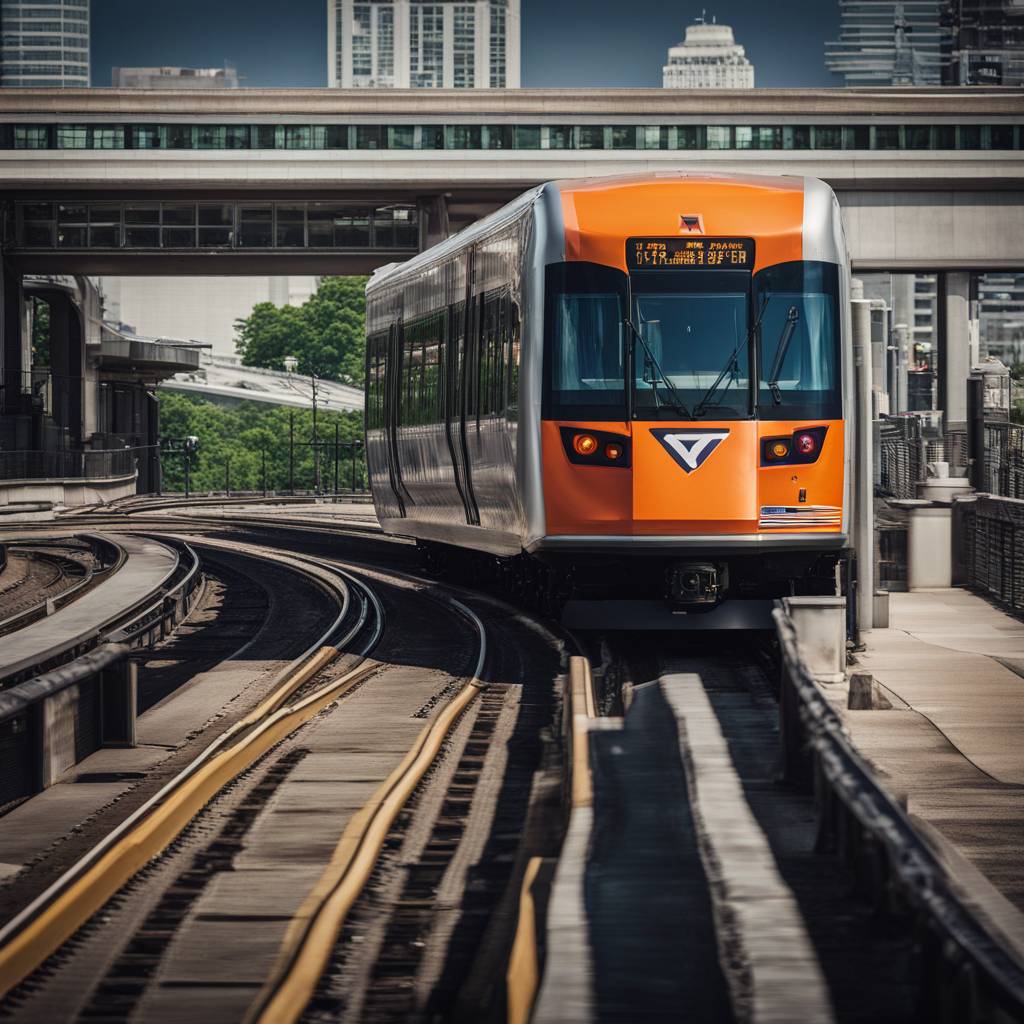The New Jersey Transit board of directors has approved a 15% fare increase for bus and train riders, marking the first rate hike in nearly a decade. This increase, set to take effect on July 1, is aimed at closing a more than $100 million budget gap for the upcoming fiscal year. The agency plans to implement annual fare increases of 3% in the following years as well. NJ Transit has already made $44 million in cost reductions and generated an additional $52 million in revenue enhancements to address the budget shortfall. Despite the fare increase, the agency has assured that there will be no reductions in service levels.
The approval of the fare increase comes as New Jersey’s three nuclear plants seek a 20-year approval to continue operations. This move is significant in light of efforts to transition towards cleaner energy sources. The increase in fares is intended to contribute towards closing the budget gap and ensuring continued operation of NJ Transit services. Annual fare increases of 3% in the future will help to sustain the agency’s financial stability. Additionally, NJ Transit has made efforts to reduce costs and increase revenue in order to mitigate the budget shortfall, highlighting the importance of financial sustainability for public transportation services.
The fare increase decision by NJ Transit’s board of directors reflects the agency’s need to address financial challenges and maintain operational viability. This move comes after nearly a decade without fare increases, indicating the significance of the budget shortfall and the need for increased revenue. By implementing regular fare increases and taking steps to reduce costs and enhance revenue, NJ Transit aims to secure its financial stability for the future. The agency’s commitment to maintaining service levels despite the fare increase demonstrates a focus on meeting the needs of riders while ensuring financial sustainability.
The approval of the fare increase by NJ Transit’s board of directors underscores the importance of securing funding for public transportation services in New Jersey. As the agency faces a significant budget gap, the fare increase is a necessary step to maintain operations and address financial challenges. By implementing regular fare increases and pursuing cost reductions and revenue enhancements, NJ Transit aims to close the budget gap and ensure continued service for riders. The decision to raise fares reflects the agency’s commitment to financial sustainability and operational viability in the face of budget constraints.
In conclusion, the approval of a fare increase by NJ Transit’s board of directors represents a strategic move to address financial challenges and secure the agency’s future. With the first rate hike in nearly a decade, the agency aims to close a significant budget gap and ensure continued operations. By implementing regular fare increases and pursuing cost reductions and revenue enhancements, NJ Transit is taking steps to maintain financial stability and meet the needs of riders. The decision to raise fares reflects the agency’s commitment to addressing financial challenges while maintaining service levels for bus and train riders in New Jersey.













